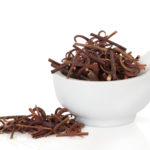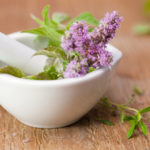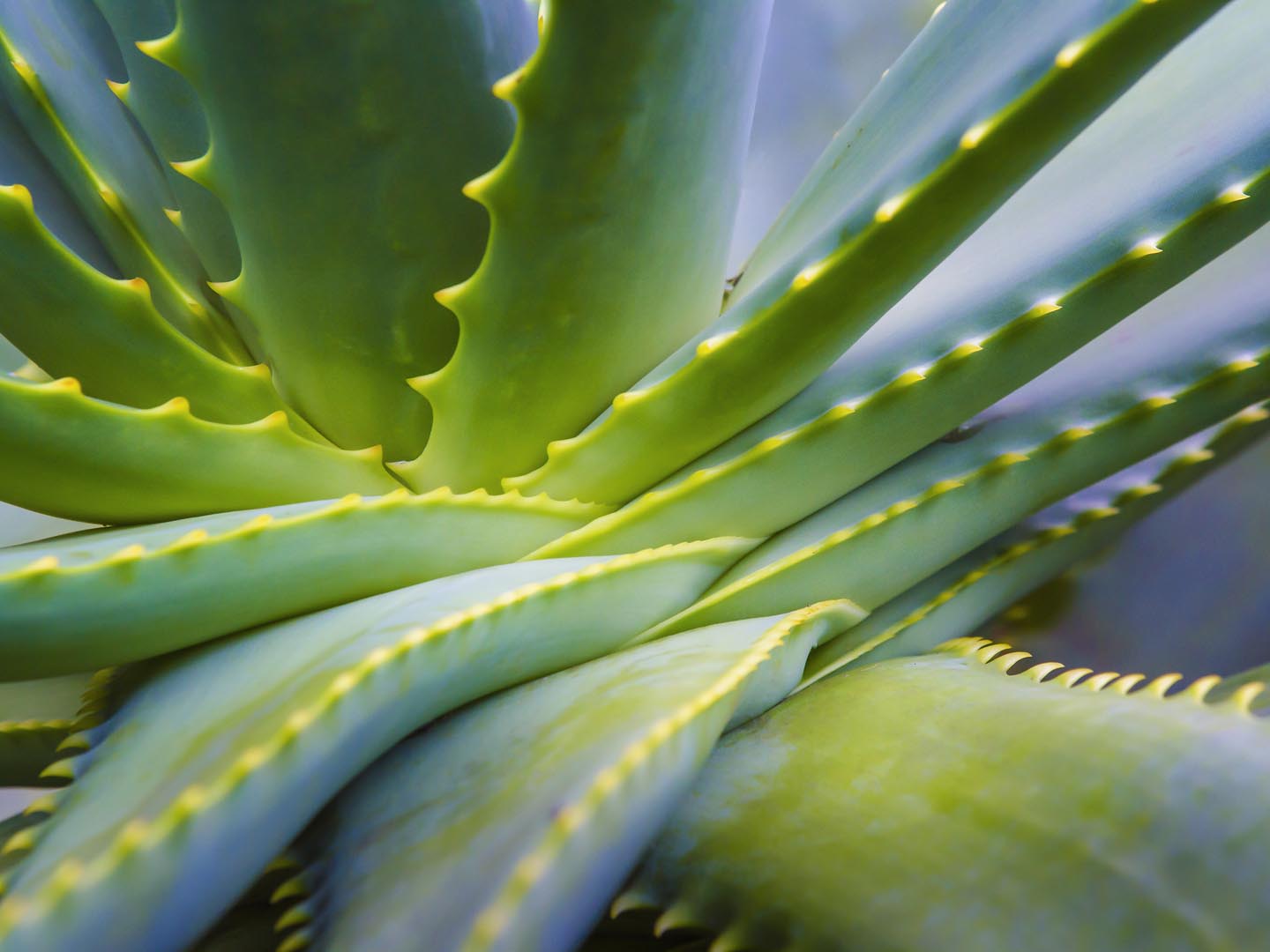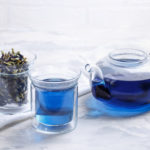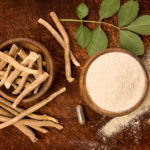Lemon Balm
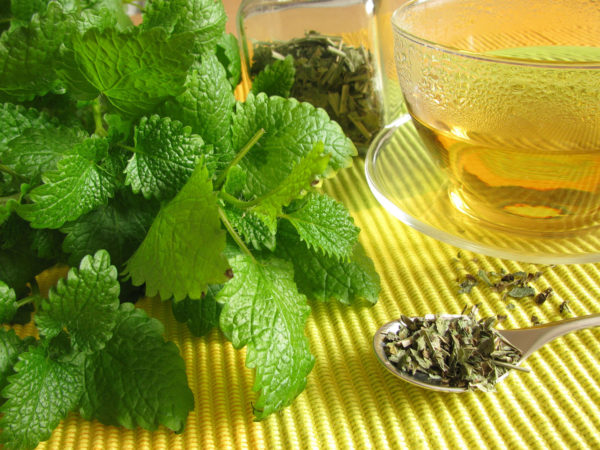
Lemon Balm (Melissa officinalis)
Lemon balm is a perennial herb, part of the mint family, that is native to southern Europe and the Mediterranean region. Its leaves, which have a mild aroma similar to that of lemons, contain compounds that have a soothing effect.
Lemon Balm Is Used For:
Lemon balm has been used medicinally for centuries to address sleep disturbances, including restlessness and insomnia; reduce anxiety and promote a sense of calm; and alleviate digestive upset. It is widely known for its ability to promote sleep: lemon balm extract, especially when combined with valerian root extract, can improve the quality of sleep in adults and children. It also has a calming effect: one study showed an oral dose taken daily for four months appeared to help reduce agitation and improve symptoms of mild to moderate Alzheimer’s disease. It may be of benefit in relieving other mental health concerns as well, including attention deficit-hyperactivity disorder (ADHD), although more research is needed.
Extract of lemon balm has significant antioxidant activity, and for people with cold sores, lemon balm in the form of a lip balm may shorten the healing time, prevent the spread of the infection, and reduce symptoms associated with cold sores. In addition, it may be beneficial for addressing headaches, cramps and toothaches; and as an insect repellant and to treat insect bites.
As a culinary herb, the extract and oil of lemon balm are used to flavor beverages and foods.
Available in:
Capsules, teas, essential oil, creams, and ointments.
Herb / drug interactions:
Lemon balm should be used cautiously in combination with sedative drugs to avoid excessive sedation.
Other safety concerns:
Avoid taking alcohol and lemon balm together to minimize sleepiness, and exercise caution when operating heavy machinery or driving a motor vehicle while taking lemon balm.
When buying:
Seek standardized products from reputable manufacturers that conform to the concentrations listed in “Dosage” below.
Dosage:
For nervousness or digestive upset take 60 drops of tincture or one cup of tea up to two times per day, as needed. For sleep, look for a combination product that provides 80 to 150 mg of lemon balm leaf extract and 160 to 320 mg of valerian root extract, and take before bed. For cold sores, look for a cream or ointment with one percent of a 70:1 freeze-dried water-soluble extract; apply two to four times daily from first sign of symptoms until a few days after the cold sores have healed.
Child dosage:
For children over the age of six, look for a combination product with 80 mg of lemon balm leaf extract and 160 mg of valerian root extract, and take before bed for up to 30 days.
Dr. Weil says:
We often think of oral or topical uses for herbal remedies, but lemon balm really shines as an aromatherapy agent. Its odor is both uplifting and soothing; some describe it as the “essence of spring.” It is not surprising that lemon balm – and particularly its essential oil – have been shown to have beneficial effects on mental states. In one study in England, researchers found that applying lemon balm oil to the faces and arms of patients with severe dementia reduced their agitation by 35 percent.
SOURCES:
Lemon Balm. Natural Medicines Comprehensive Database Consumer version. Stockton, CA: Therapeutic Research Faculty, Updated February 10, 2013, accessed February 6, 2014 at naturaldatabaseconsumer.therapeuticresearch.com/nd/Search.aspx?cs=NONMP&s=NDC&pt=100&id=437&fs=NDC&searchid=45044937Lemon Balm, Health Canada. Updated March 17, 2008, accessed February 6, 2014 at webprod.hc-sc.gc.ca/nhpid-bdipsn/monoReq.do?id=125
Reviewed by Tieraona Low Dog, M.D., March 19th, 2014.


